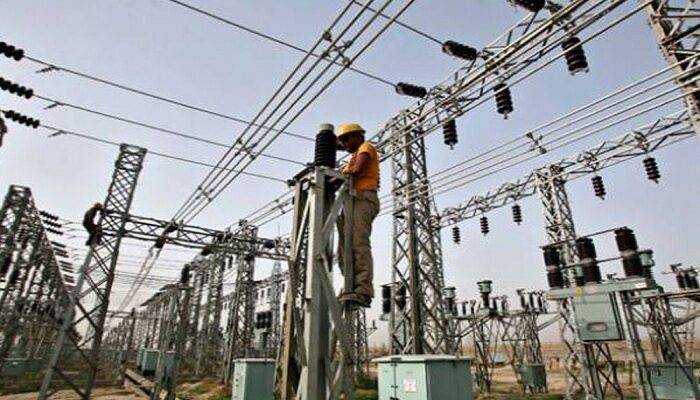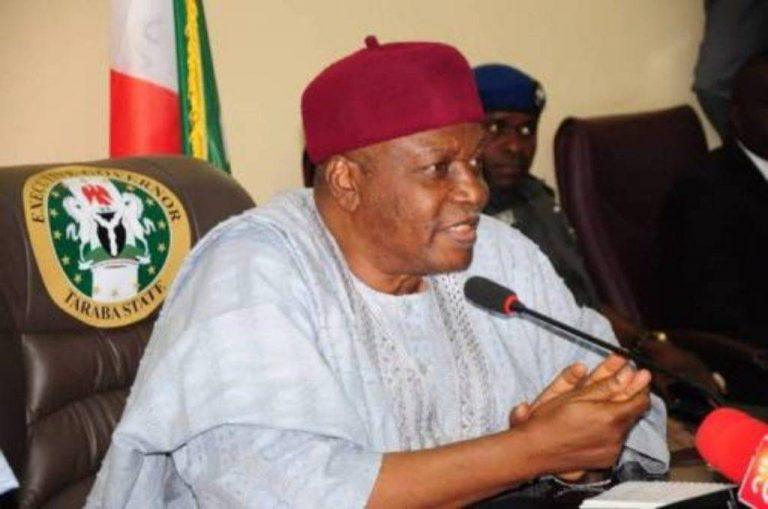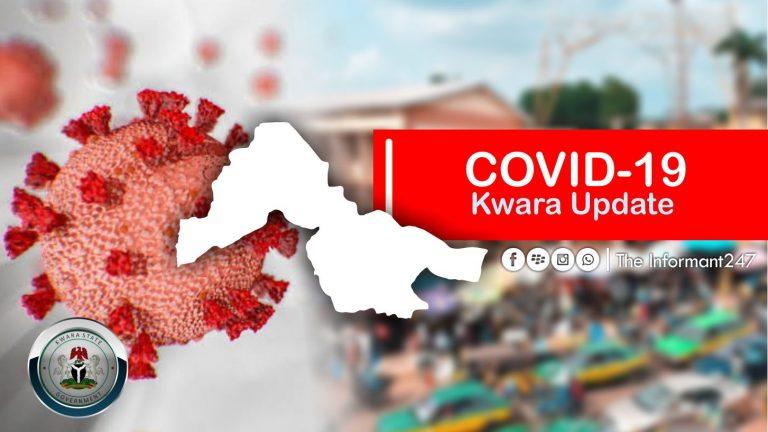FEC approves electricity policy to revolutionize power sector
The Federal Executive Council (FEC) has officially approved the National Integrated Electricity Policy (NIEP), a landmark decision aimed at transforming the Nigerian Electricity Supply Industry (NESI).
In a statement issued on Monday, Bolaji Tunji, special adviser on strategic communications and media relations to the minister of power, confirmed the policy’s ratification during the FEC meeting that took place earlier in the day.
Tunji revealed that the NIEP, which has been in development since December 2024 and was submitted to President Bola Tinubu, provides a comprehensive framework designed to align the electricity sector with Nigeria’s national development goals and international best practices. He stated that this initiative is in line with section 3(3) of the revised Electricity Act, 2023.
“The implementation of this policy has already begun and will now gain momentum following presidential ratification, with its effects likely to be felt across the power sector soon,” said Adebayo Adelabu, the minister of power.
Adelabu highlighted that the NIEP addresses the critical challenges facing Nigeria’s electricity sector by offering clear guidelines for sustainable power generation, transmission, and distribution. “This roadmap prioritizes renewable energy integration, energy efficiency, and improved governance within the sector,” he added.
Describing the passage of the Electricity Act, 2023, as a pivotal moment, he remarked, “It marks the beginning of transformative change within NESI, providing a solid foundation for socio-economic development.” He emphasized that the policy was created through collaboration with various stakeholders, including civil society organizations, industry leaders, and consumer advocacy groups.
“The NIEP seeks to resolve long-standing issues such as infrastructure deficits and regulatory barriers, effectively replacing the outdated National Electric Power Policy of 2001,” Adelabu stated.
Labeling the NIEP a “living document,” he noted that it will evolve to meet the changing needs of the industry while promoting innovation, collaboration, and consumer protection. The policy is structured into eight chapters, which cover critical areas including market design, climate change initiatives, and the roles of various stakeholders.
With this significant step, Nigeria aims to usher in a new era of efficiency and sustainability in its electricity sector.
Source: TheCable






